GUEST OPINION: The unseen epidemic in JCPS
December 2, 2021
This piece was submitted by alumni Forest Clevenger.
Editor’s Notes: This piece discusses mental health. If you’re considering self-harm or suicide, contact the National Suicide Prevention Lifeline at 1-800-273-8255. Additionally, Chloe’s experiences are being shared under a pseudonym for her safety.
There were two small pools of water on the table where sixteen year old Chloe Duncan and I were sitting outside and discussing what life is like for JCPS students. The first was from the condensation on her iced Strawberry Açaí Lemonade. The second—from her piercing blue eyes—was a puddle of tears. Her stories made me weep too.
Students like Chloe are suffering from a growing national epidemic that’s far deadlier to our children than COVID-19. JCPS has chosen to take that public health emergency seriously and the health department reports that no school age child in Louisville has died from COVID-19. So far in 2021, twenty nine Louisville youth have died by suicide. In the face of this loss, JCPS has shown callousness instead of compassion.
Consider the Kentucky Incentives for Prevention (KIP) survey. Because of this survey, school districts across our Commonwealth have been given data on psychological distress, self-harm and suicide. Disregarding open records law, JCPS refuses to make school-specific KIP statistics public. Also, the district hasn’t just left parents and students blind to the depth of calamity. JCPS’s own administrators and counselors haven’t been shown these figures.
Recently, I requested district-wide statistics and JCPS provided them. However, the district claimed it had never before compiled statistics based on this life-or-death data. In total, the numbers represent 19,945 students in sixth, eighth, tenth and twelfth grade during the 2018-19 academic year.
Here are their responses that have seemingly gone unseen:
7.3 percent of JCPS middle and high school students reported actually attempting suicide in the past year at least once. From only the four grades surveyed, more than 1,700 students said they had planned how they would commit suicide. Among seniors the year I graduated, 16.2 percent—four kids out of every normal classroom of twenty five—reported having cut or harmed themselves. While likely underreported and representing only the most dramatic forms of suffering, these numbers still show the pervasive pain present even before the lockdown and NTI.
To mitigate this more lethal epidemic, our district should be mobilizing with at least the same urgency as it has to address the corona crisis. However, according to JCPS’s open records attorney, the district has, “not taken any actions based upon the KIP survey results.”
As things stand, JCPS’s inhumane policies are making the crisis worse. Through debilitating school start times, homework that’s working kids to death and lunch breaks shorter than those in Federal prison, our district leaders are super spreading the epidemic of poor mental health.
Allowing our kids time for necessities of living like sleeping, eating and socializing is the bare minimum. I’ve outlined how to more fully address the crisis in a 33,000 word open letter to Superintendent Marty Pollio titled Our Unseen Epidemic.
In it, I make the case for reforms such as:
- Making schools phone-free
- Implementing youth mental health first aid training for teachers and teens.
- Ensuring prompt access to mental health counselors instead of weeks of waiting for an appointment.
- Recalibrating our socialization of self-worth around relationships and values instead of grades, test-scores and résumé-builders.
- Using screenings of every student to get help to the kids who need it most and to score well-being at each school.
Part of why we need better measures of well-being is because our current metrics of success—based mainly on achievement—are a faulty foundation that’s failing everyone. Consistent with national research, the KIP data also shows that low-achieving and high-achieving students are highly at risk in our mental health epidemic.
Manual high school student Alexander Keyzer was one of those students. On March 13, 2021, the day after his seventeenth birthday, he died by suicide. I knew Alex because he and my younger brother had sleepovers together. A few months back, I sat down with someone who knew him better: Chloe Duncan, that sixteen year old Manual senior. She shared stories of how Alex was her best friend. She was also the last person he talked to.
“He called me that night. He was just apologizing and saying, ‘Thank you so much for everything you’ve done for me,’ ‘Thank you for being my best friend,’ and he just kept apologizing that he hadn’t been talking to me recently and that he hadn’t been reaching out and everything. I was asking him where he was. He was like, ‘I just don’t know what to do.’ And I was like, ‘Okay, we’re coming to pick you up.’”
Alex hung up about ten minutes before Chloe would’ve reached him. Later at his funeral—where some of his friends dressed in clothes they might also wear to prom—Alex’s dad eulogized about how overwhelming his homework had been.
Losing Alex like that brought back hard memories for Chloe. Years before while attending Crosby middle school, she had attempted suicide too. She described to me looking back on how that was handled.
After her attempt, one of Chloe’s friends flagged her for help. Then Crosby did have Chloe screened. However, she lamented, “Nothing ever came of it.” Without intervention, she was left alone with suicidal thoughts and continued to self-harm. “I kind of just felt like they didn’t care. That’s where my struggle with JCPS as a whole started: seventh grade whenever they tried and didn’t follow-up.”
With her experience in middle school, Chloe wasn’t surprised by the response from her high school after Alex died. She recounted one teacher who, “was always so caring and just made sure that I was okay.” Overall, however, Chloe resents how the school acted, “like nothing had happened.” In one class, she wasn’t even allowed to make-up for her late work.
When responding to this piece, Dr. Polio highlighted how the district is trying to support mental health. “Two years ago, we added a mental health counselor to every school in JCPS at a cost of about $5 million a year.” And going into the future, he wrote that, “we are working very intently to change the start time of schools so that our teenage students can get more hours of sleep.”
Chloe appreciates the district’s new efforts and she agreed when Dr. Pollio wrote that, “we need to do more.” But, she told me, it’s, “too little too late.”
We must do more for the sake of students like Alex and Chloe. To understand what that should look like, please take the time to read Our Unseen Epidemic: The student mental health crisis and how we must address it.
Liz Klein, a JCPS senior who has written about her experiences with depression, anxiety, and anorexia—and helped talk one of her friends down from attempting suicide—explained why Our Unseen Epidemic is so vital.
“You cannot resolve a problem until you are truly honest about the severity of it. I think it’s important that higher ups know what really goes on in students’ minds and what we experience. Because I don’t believe they know what it’s like,” Klein said.
The honest truth is that thousands of JCPS students each year plan how they would kill themselves. Yet the district’s leaders have failed to enact a meaningful plan of their own to help these kids. In my open letter, I offer a plan to foster happiness and well-being that starts by treating kids with human dignity. They deserve no less.
With the humbling permission of his family, Our Unseen Epidemic is written in Alex’s honor. You can find it online at OurUnseenEpidemic.com.
Forest Clevenger is a 20-year-old visiting student at the University of Oxford originally hailing from the University of Louisville. He graduated from Manual’s Youth Performing Arts School (YPAS) in 2019.








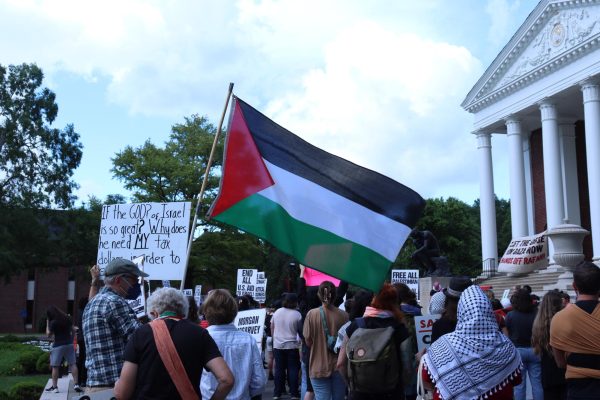
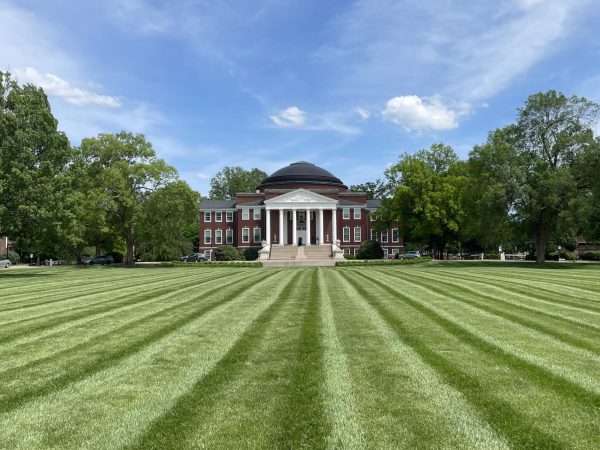
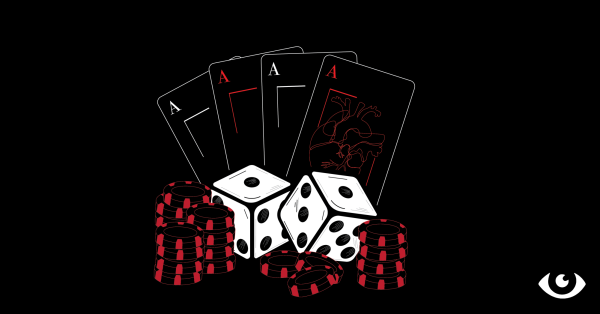
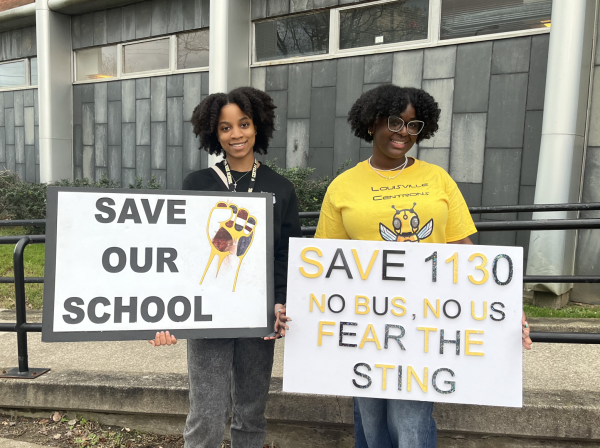
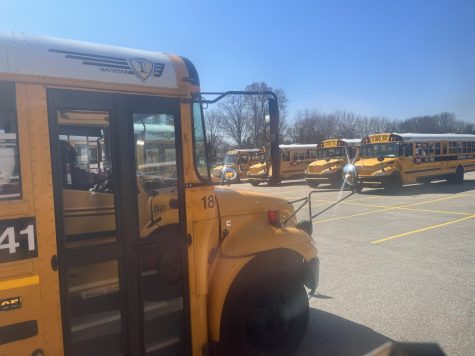
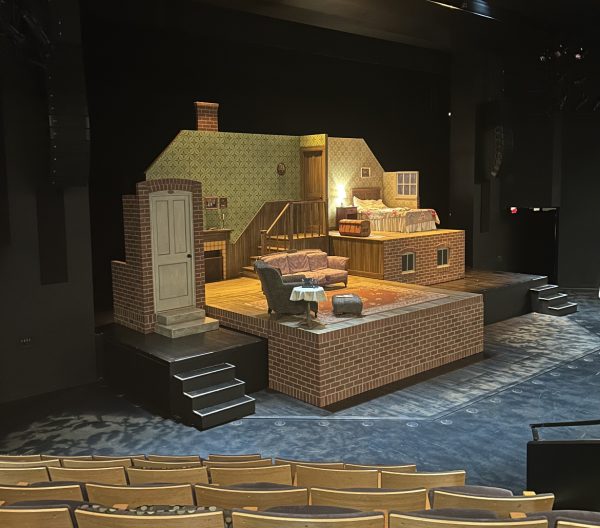
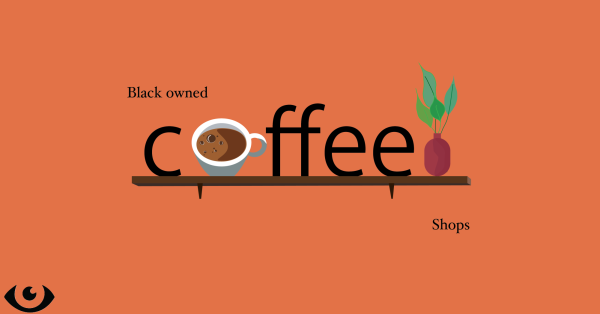
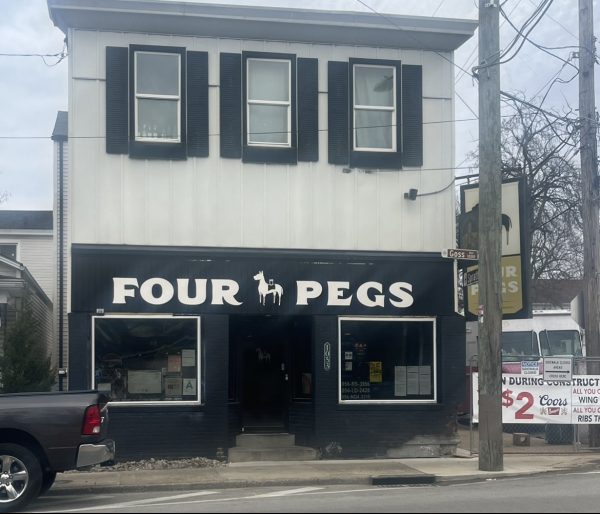
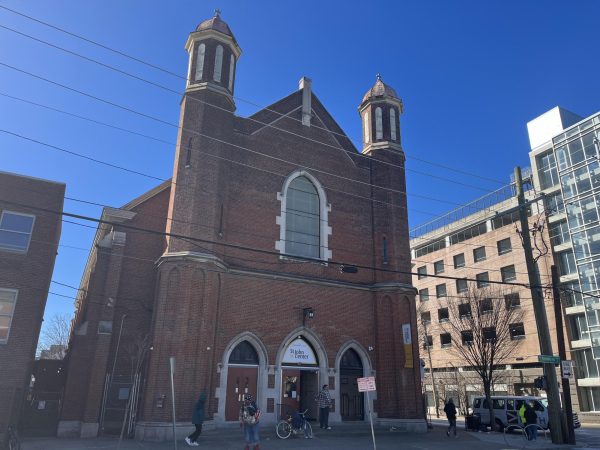
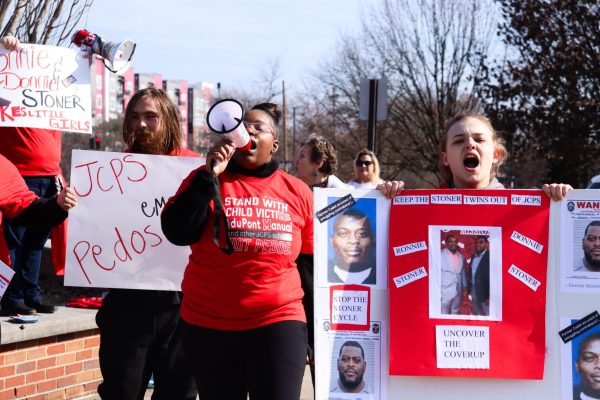
Rachel Belin • Dec 3, 2021 at 9:47 am
This is a well-researched, compelling, and important commentary which should be shared with KDE and other public policymakers. Big props to Forest Clevenger for writing it and to the RedEye for running it!